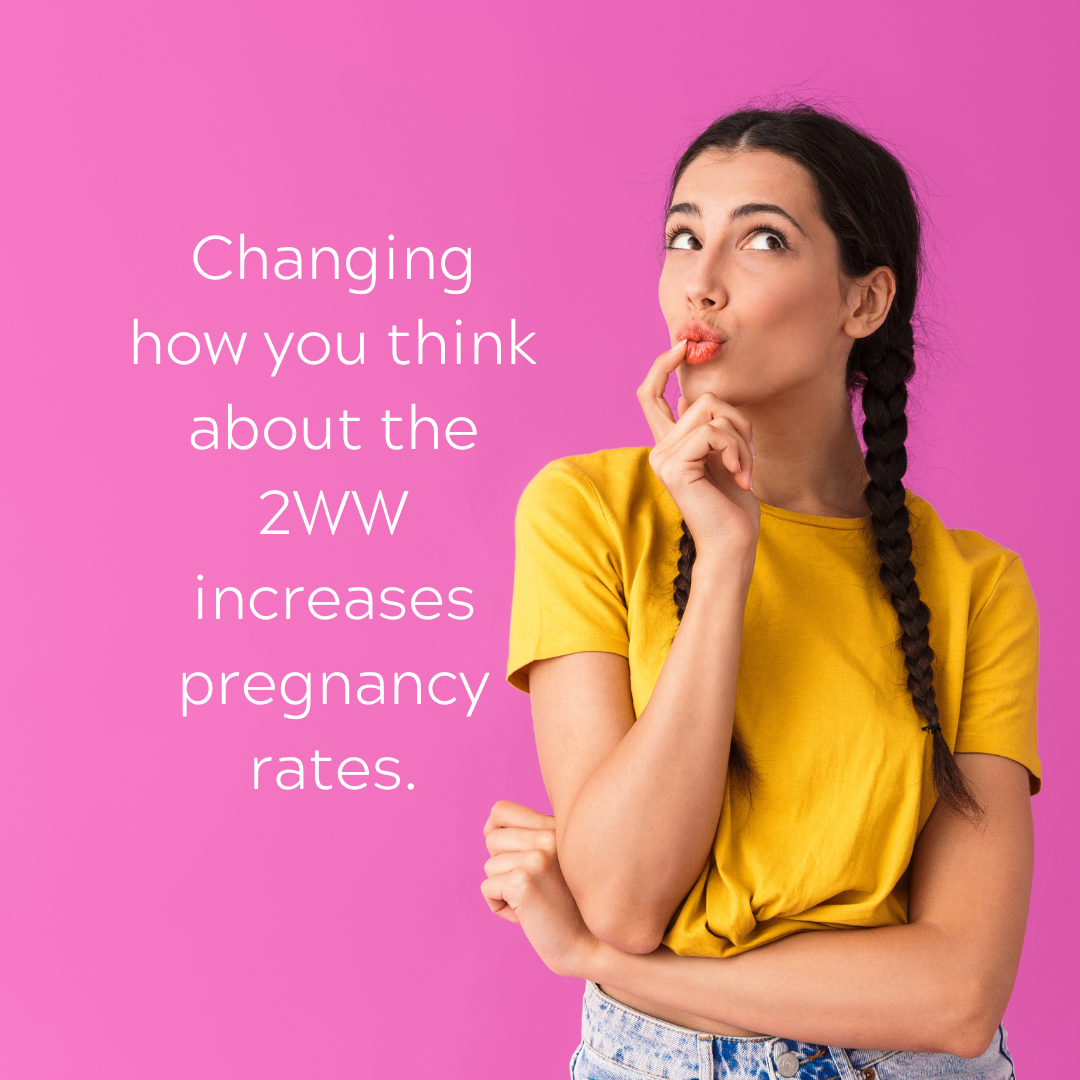IVF Failure - Coping with Infertility Setbacks
How to Cope with IVF Failure and Recurrent Miscarriage?
Coming to the realization that you may not have a family the way you expected is a little more than a ‘setback’. It’s potentially a life altering experience. IVF failure and recurrent miscarriage can be devastating. If having a biological child doesn’t happen for you and your dreams have been shattered it’s not easy to pick up the pieces and pivot to a different kind of future. Where do you even start when your life has revolved around cycle days…tests…ups, downs and everything in between? If you’re not already experiencing anxiety or depression this is a time when it can show up and wreak havoc on your life (as if things weren’t hard enough already).
Infertility Counselling - Adapting in a Healthier Way
What happens to your mind after a difficult set back is just as important as what happens to your body after failed IVF. For couples who have experienced a failed IVF allow yourself the time and space to grieve, scream, cry and if you decide to continue with treatments consider Infertility Counselling to support you to process this distress.
I don’t have a silver bullet to make it all better, nobody does. But there are things you can do - today - to adjust to what’s ahead in a way that supports your wellbeing. Compassion practices are an evidence based, nurturing way to adapt. New evidence suggests self-compassion―treating yourself kindly and compassionately―is an important factor to resilience during difficult life circumstances. This is the best kind of self-care and it doesn’t involve manicures, massages and baths (although these can be nice to dos also). There’s also evidence that our usual coping styles during difficult times in our lives such as IVF can impact the outcome. Women who adopt a “let go” coping strategy are significantly more likely to achieve a pregnancy with IVF versus women who actively express those emotions.
Self-compassion practices help you cope with the experience of unsuccessful attempts to create a family.
Letting Go of Goals and Choosing New Goals After Failed IVF
Letting go of a goal is known as ‘goal disengagement’ and means you reduce your efforts toward unattained goals. For some that could mean that after a failed IVF taking some time off from treatments completely. Or making time for other nurturing activities that support your emotional wellness. The primary function of this goal regulation is to prevent similar disappointments and reduce related emotional distress - you’re keeping the goal at arms length as you disentangle yourself from that part of your life.
Choosing new goals ‘goal reengagement’ involves finding an alternative meaningful goal, committing to it, and making efforts to reach it. The primary function of this goal regulation is to find a new way of being in your life, finding meaning in other ways and the impact on your identity by moving your focus from the unattained goal to another new important one. Research suggests that both goal disengagement and goal reengagement were associated with less stress and negative emotions and improved quality of life for cancer patients. Research on compassion interventions suggested people were better able to reengage in alternative and meaningful goals.
How to stop worrying about getting pregnant?
In a recent Chinese study of women who practice mindfulness and self-compassion preparing for IVF researchers discovered an interesting theme. Researchers found that over the months of using these practices the importance of the goal of having a baby became less important in their lives. This is huge - especially if you feel that your life revolves around getting pregnant 24/7 - it’s an obsession. And if you’re at that point where reality is sinking in that becoming pregnant may not happen for you, the vacuum left behind can be a very difficult adjustment. I know it’s impossible to just flick a switch and make having a family just not that important anymore. If it was possible so many women would reduce their suffering in an instant.
But what if the practices shared in the FertileMind app act more like a dimmer switch on the importance of motherhood in your life? It’s probably not easy to even imagine but there’s growing research that mindful self compassion could play an important role in living a different kind of life than you expected while still experiencing a satisfying and meaningful life.
If having a family the way you expected isn’t happening for you - can you imagine gradually letting go of that goal? Is it possible to take a more intentional approach and draw a line in the sand for when enough is enough? Are there other ways to enjoy a fulfilling life? Yes - life on the other side of this might look a little different but that’s all up to you.







